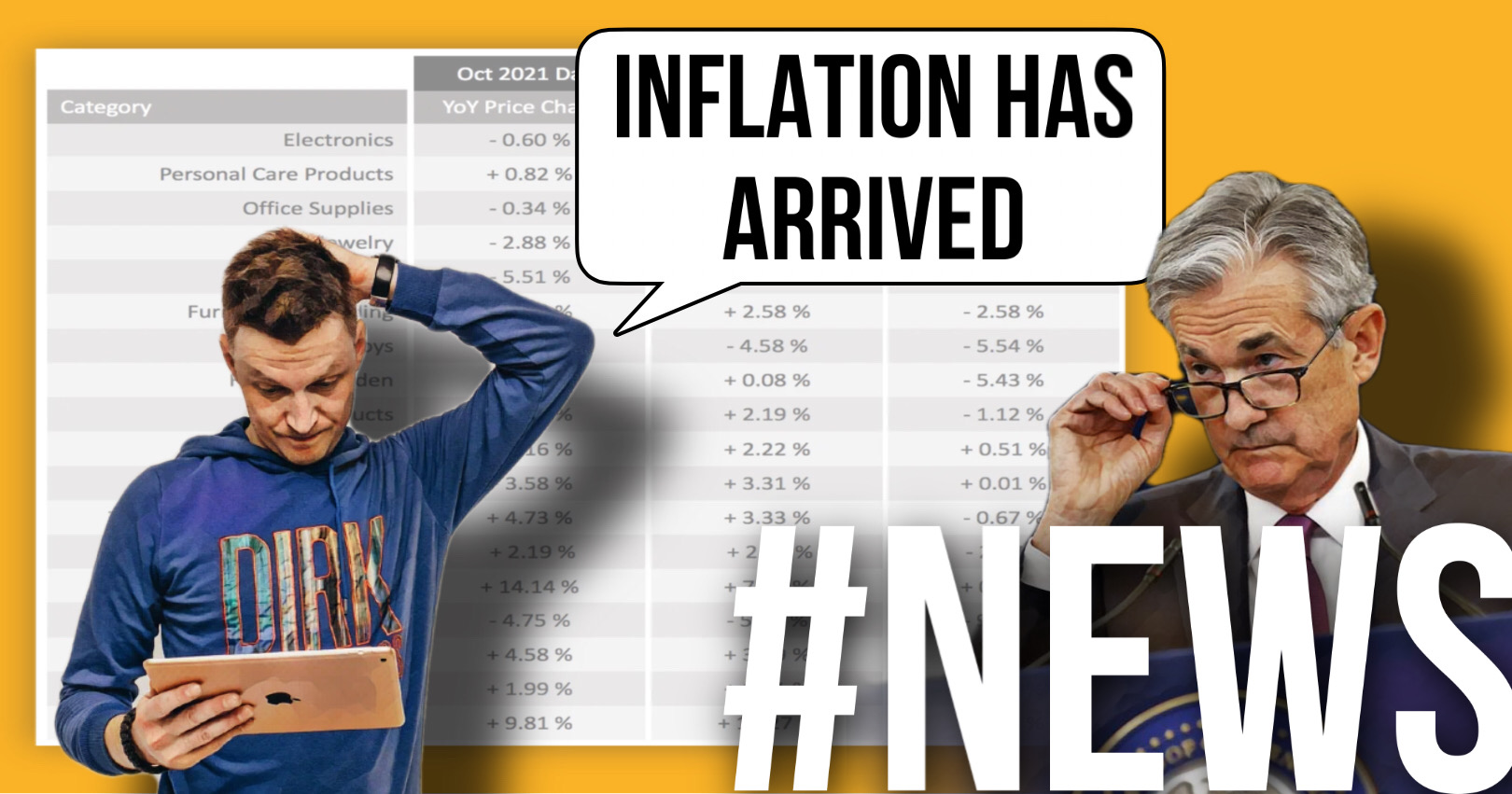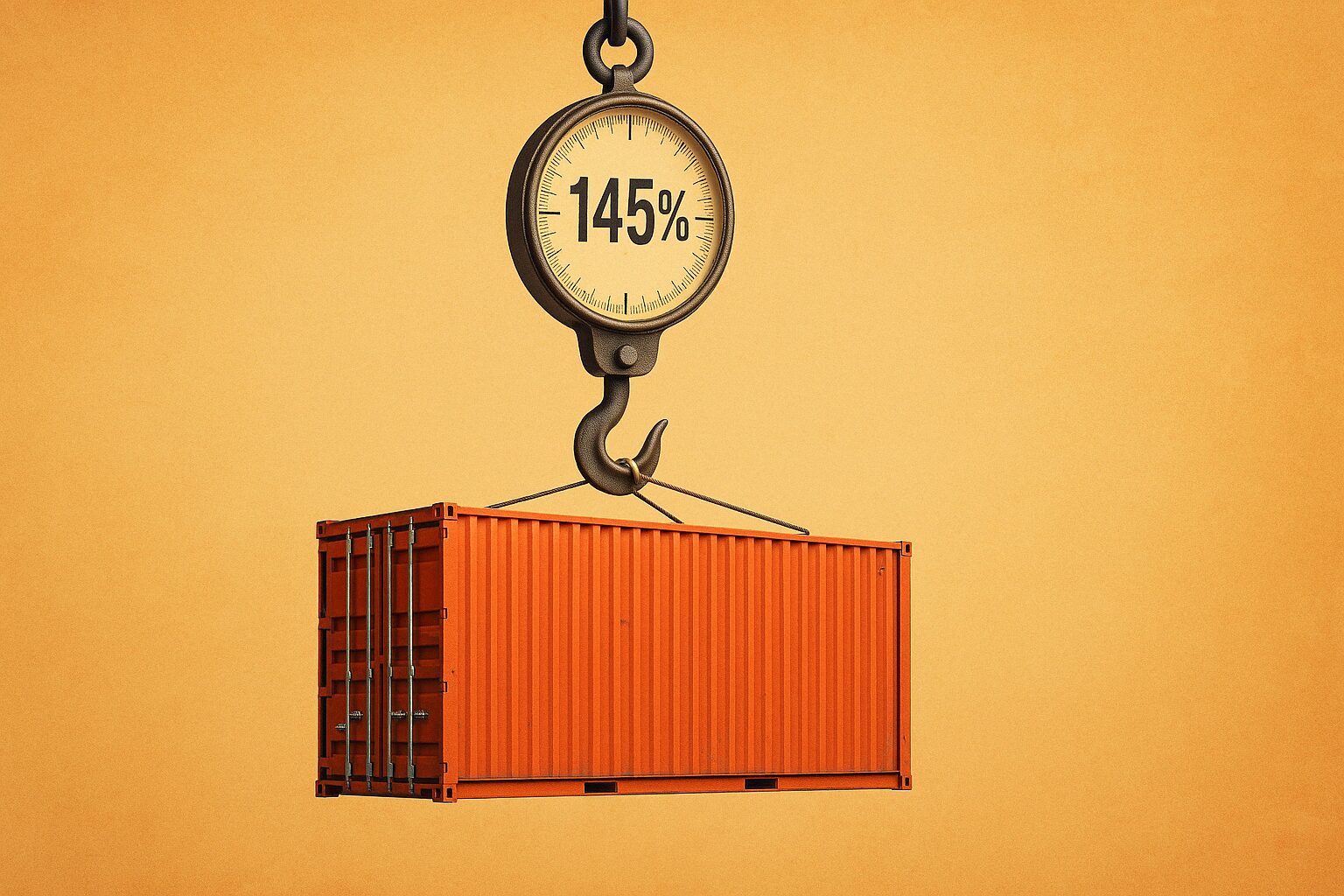US-China Trade War:First Conclusions and Recommendations for Amazon Sellers
One week has passed since the sharp increase in US customs duties on imports from China. Currently, the situation has stabilized, allowing us to draw initial interim conclusions.
Current Tariff Situation
The primary outcome this week is that US customs duties have reached a rate of 145%.
How Does This Affect Shipments from China?
Briefly, let’s recall how the two most common shipment formats for Amazon operate: DDP and DDU.
Both formats are available for sea freight methods (such as Matson and others). Typically, shipments reach US customs 15–25 days after departure, at which point the duties are paid.
Main Differences Between DDP and DDU
DDU (Delivery Duty Unpaid) – the forwarder delivers goods only up to customs. Customs clearance, duty payment, and cost optimization are handled by your company or your agent.
DDP (Delivery Duty Paid) – the forwarder ensures that goods are delivered with all duties and tariffs prepaid.
Currently, DDP remains popular method for marketplace shipments. Chinese logistics companies leverage large shipment volumes to implement sophisticated tariff engineering, enabling optimized duty rates.
Recommendations in the Current Environment
At this point, there two actionable options:
Pause shipments for 1–2 weeks. Wait for initial shipments with the new tariffs to arrive, observe market reactions, and evaluate new logistics offers. If your goods are ready, please inquire with our managers about the possibility of free storage at our warehouse in China.
Continue shipments immediately, keeping in mind that the final shipping cost could change during transit to the US.
New Rates and Shipping Cost Calculations
Last week, forwarders adjusted their tariff calculation method:
➕ Every additional 10% increase in US duties adds +0.07 USD/kg to the shipping rate.
At the current duty rate of 145%, the shipping cost increase is approximately +1.015 USD/kg.
How does this affect the cost per product?
Typically, one kilogram of shipment includes 2–3 product units, each weighing 100–400 grams. Thus, the increased shipping cost is spread across several products, resulting in an additional cost of roughly +0.30 USD to +0.50 USD per unit.
Staying Connected
We continue to monitor developments closely and will inform you promptly of any changes. If you have questions regarding logistics or shipments from Southeast Asia, our managers are always available to consult and help you find optimal solutions.
More Amazon news

Major shutdowns in China due to new COVID outbreaks
Multiple companies in Zhejiang province have suspended operations due to COVID-19 outbreak, halting production of goods from batteries and clothing to textile dyes and plastics. Zhejiang is one of China's biggest and busiest manufacturing hubs. The local government...

Amazon is using sellers as a cash cow
Amazon collects a third of seller revenue A new study claims that Amazon makes far more from fees on its Marketplace platform than even the cash cow known as AWS, reports TechCrunch. According to the report by the Institute for Local Self-Reliance, sellers now give...

Inflation spreads to e-commerce
A recent report by Adobe shows that e-commerce is experiencing many of the same pricing pressures in the broader economy due to supply chain problems, higher shipping and labor costs. Online prices rose 1.9% in October from a year earlier and 0.9% from the previous...

